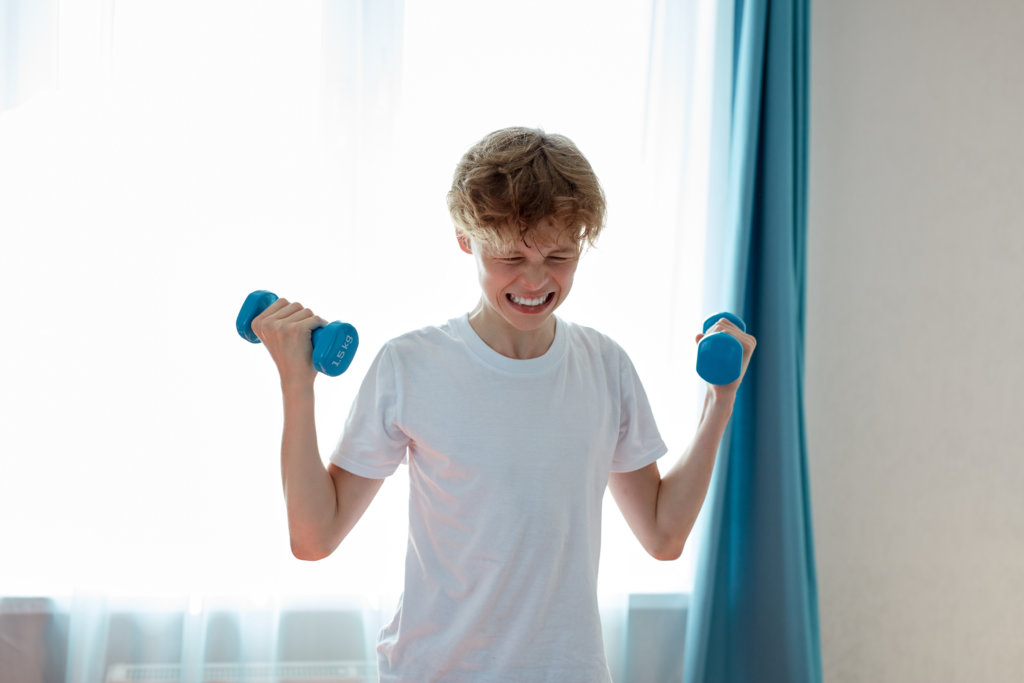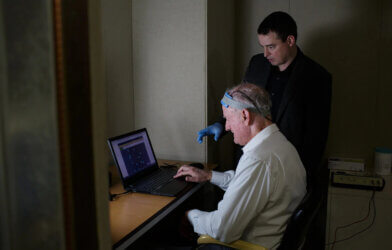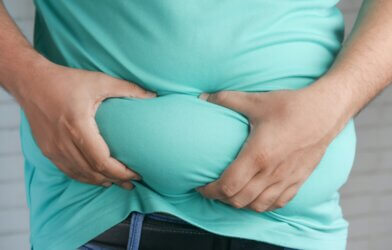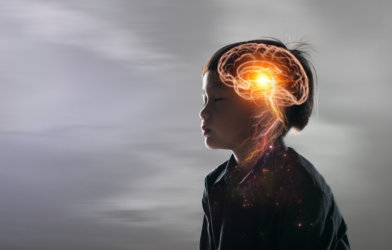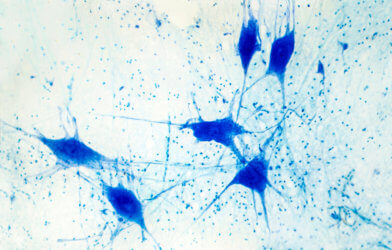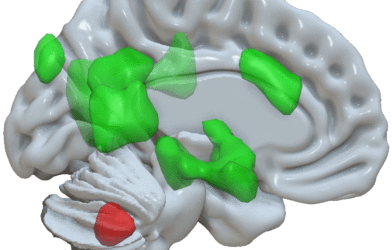Why is muscle strength related to a higher or lower risk of psychosis? Researchers from Japan may finally have an explanation for this odd connection, at least in adolescents. And it may have to do with biomarkers that cause certain changes to proteins.
Advanced glycation end products (AGEs) are irreversible modifications to proteins and amino acids when they are exposed to sugar compounds. Previous research had found an association between increasing AGE levels and weak muscle strength. A recent longitudinal study looking at people’s mental diagnoses showed that AGEs can predict future psychotic symptoms in adolescents.
The researchers first studied the relationship between handgrip strength and the urine levels of pentosidine. Pentosidine is one of many AGEs observed in an adolescent population between 12 and 14. In a cohort of 256 adolescents, they studied for any connection between AGEs, handgrip strength, and thought problems — a common symptom in psychosis.
Findings showed that handgrip strength negatively predicted pentosidine levels at 14 years old. Although the opposite was not true. A preteen’s pentosidine levels at 12 did not predict their handgrip strength at 14. Pentosidine levels appeared to indirectly influence a person’s handgrip and thought problems.
The researchers conclude that adolescents with low muscle strength are at a greater risk of having psychotic symptoms. The link could potentially be through AGEs. However, the research team will need additional studies to see whether interventions targeting improving muscle strength can stop AGEs from accumulating, thereby preventing psychosis altogether.
The study is published and available to read in the journal Schizophrenia.
